Music of Indian Art and Archaeology
From the evidence contained in the creative literature, texts and manuals, sculptural reliefs, architectural monuments, inscriptional and epigraphical records etc., it is obvious that music flourished at all levels of the society and also that each region was culturally related to other regions far and near. And yet not withstanding these inter-relationships and mutual borrowing, some regions because of political events, some because of migration from other parts of the country and some through the pilgrims, developed distinct cultural identities. The literary, archaeological, epigraphical, mural and miniature traditions are the first and the last records which help us study the development of music and dance through the ages. The main thrust of the present study was to find out how far music attained the present state of perfection through visual art forms or in other words non-performing art-forms like sculpture, painting etc., for which the temples are the main sources, and also to trace if any continuous link could be established to the development of music and musicology through the ages. No single publication worth mentioning is available on this theme of research. The studies already conducted elsewhere do not deal with the sculpture, painting, epigraphical and other archaeological sources in a single perspective covering the four states of south India viz., Tamilnadu, Karnataka, Kerala and Andhra Pradesh.
Contents: Preface. 1. Introduction. 2. Music in art forms. i. Sculpture and painting. ii. Musical pillars and stones. 3. Musical instruments in art forms. 4. Epigraphical and inscriptional records. List of Inscriptions. Text of Inscriptions. Bibliography. Glossary. Index.
Get it now and save 10%
BECOME A MEMBER

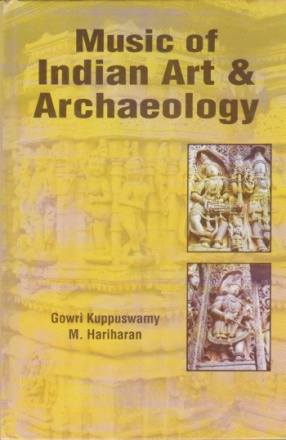

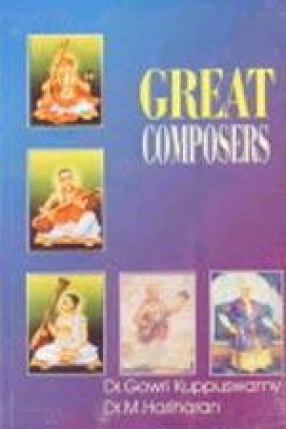

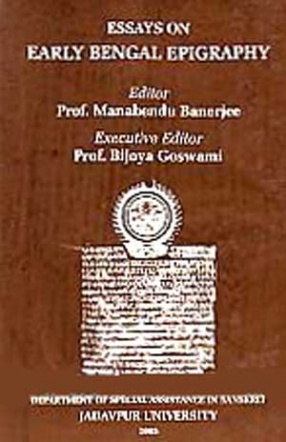
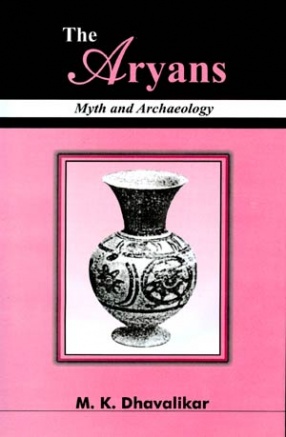
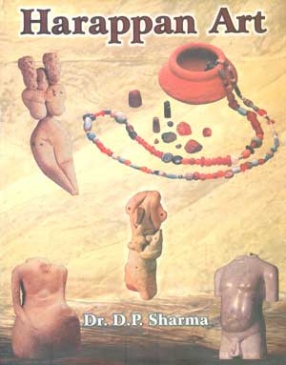
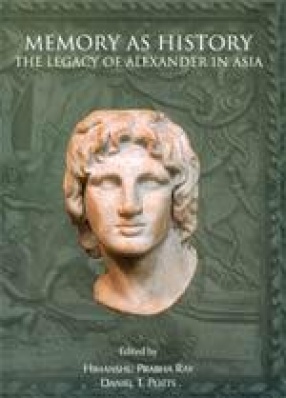

Bibliographic information
M. Hariharan